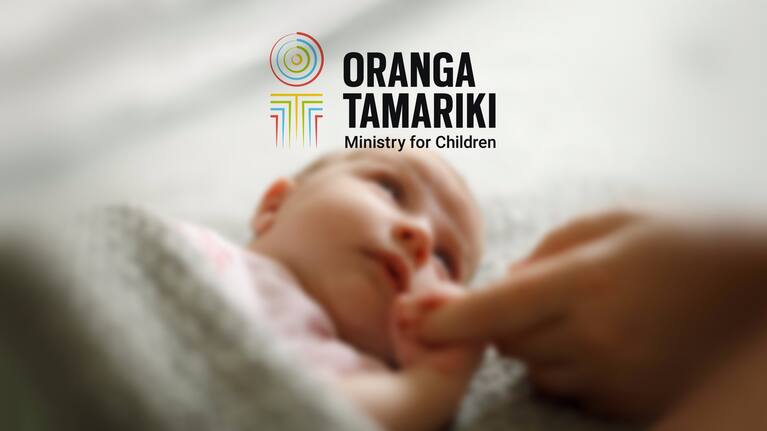An Otago academic has slammed Oranga Tamariki's baby uplifts as "racialised, regionalised, antenatal and coercive".
Dr Emily Keddell, of the University of Otago Social and Community Work Programme, said information she obtained under the Official Information Act show there was a 33 per cent increase in babies removed from families within three months of birth between 2015 and 2018.
The statistics weren't related to an increase in birth, she said, but purely an increase in the rate of Māori babies entering state care.
Dr Keddell said figures show the number of babies being taken from their parents are overwhelming Māori, hail mostly from four distinct North Island regions, and are more frequently than ever removed by legal order before birth.
The rate of Māori uplifts increased from 67 to 103 babies per 10,000, but the non-Māori rate was stable at 23 to 24 babies per 10,000 for the same period.
"Disturbingly, dissecting by region shows that the entire increase from 2009 to 2018 is accounted for by four regions: Tai Tokerau (Northland), Wellington, East Coast and Waikato," Dr Keddell said.
The four regions had increased from 111 to 175 babies removed, while the other eight regions in New Zealand reduced from 315 to 265.
There has also been a 320 per cent increase in orders made for unborn children, compared to babies aged 30 days to one year old – from 34 in 2008/9 to 112 in 2017/18.
Removal by Section 78 order or "urgency" more than doubled, from 158 in 2008/9, to 380 in 2017/18, while babies entering care by arrangement or agreement declined from 168 to just 60.
"Overall, these patterns show that the increase in babies entering care is entirely accounted for by an increase in removals of Māori babies in four regions," Dr Keddell said.
"A much greater proportion are removed by legal order as opposed to by agreement, and they are unborn rather than older babies. In short, the increase in baby removals is racialised, regionalised, antenatal and coercive."
Dr Keddell said drivers behind the changes include a focus on early intervention.
"Without the channelling of resources into supports and social protections needed for families, the ‘early intervention’ idea was bound to result in more, not fewer baby removals," she said.
However, Dr Keddell said it was less clear as to why there were regional differences.
"Are there more external stress factors such as poverty, poor housing and lack of access to services in those regions? Previous research has shown that children in the most deprived decile of neighbourhoods have 9.4 times the chance of removal than those in the least deprived.
"If I was a manager in Oranga Tamariki, I would be visiting those four regions quick smart, and examining both practice risk logics and the provision of preventive services outside of the statutory system."



















SHARE ME